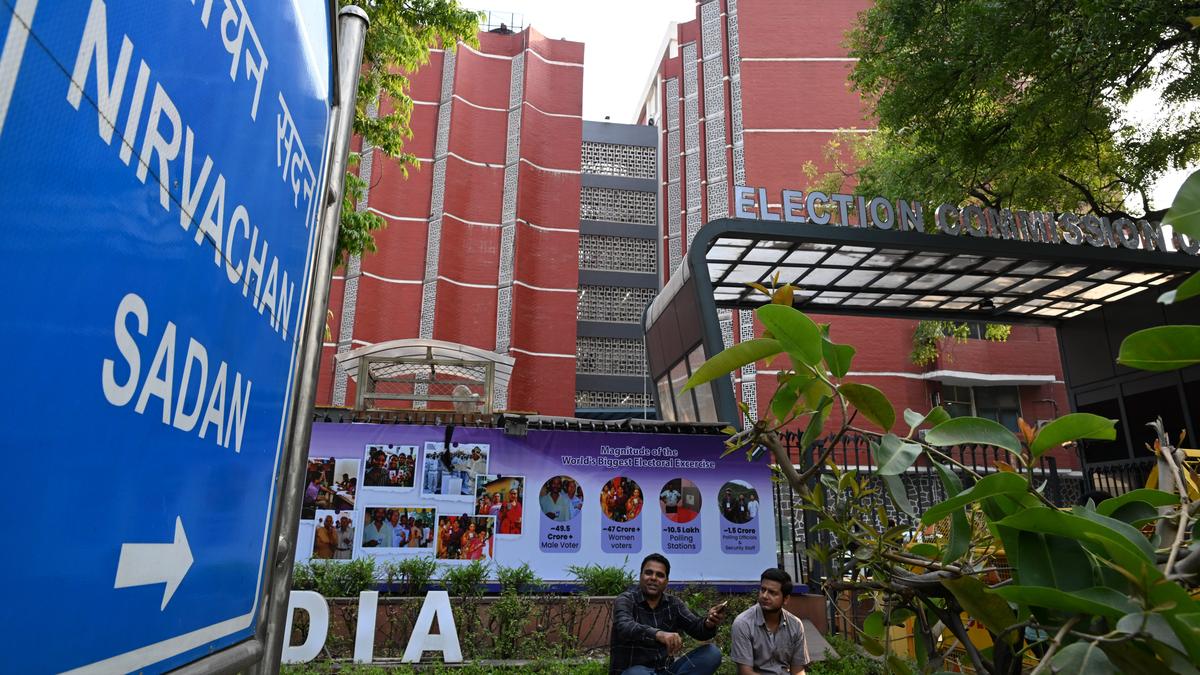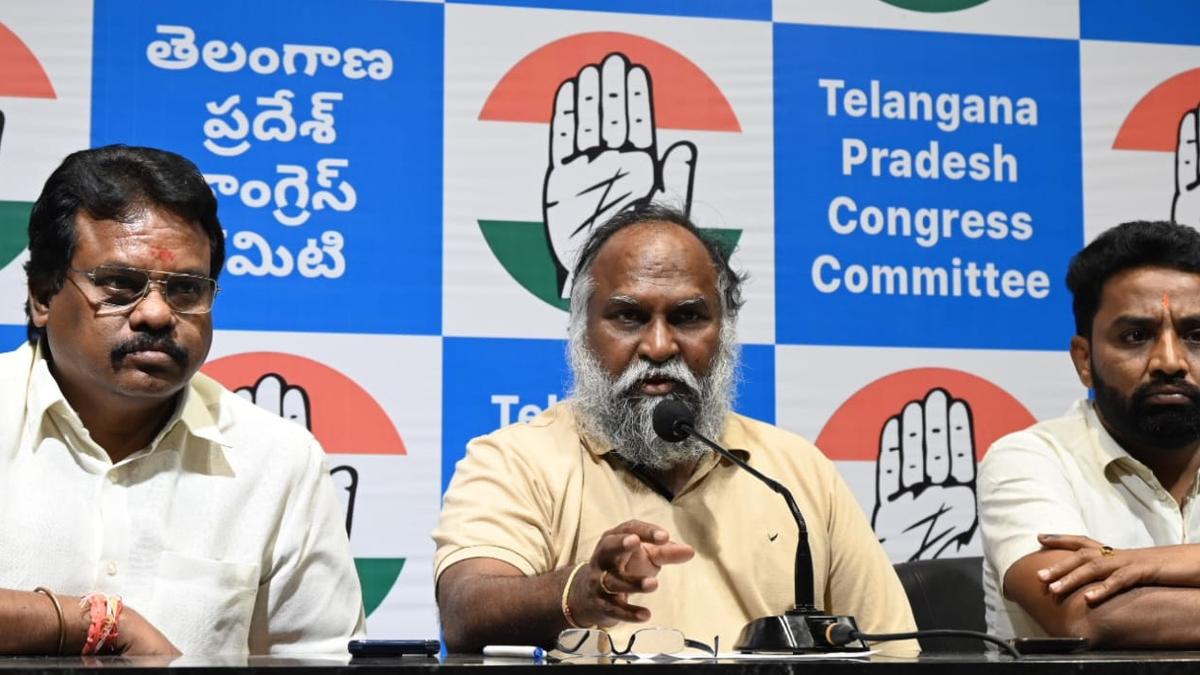Despite possessing capable leaders poised to contest Delhi's 3 Lok Sabha seats, the party made perplexing decisions.
Published: 29 Apr 2024, 7:30 AM IST

i
Arvinder Singh Lovely's departure from the Delhi Pradesh Congress, less than a lunar cycle before the Lok Sabha polls, is not just a personal statement but a bellwether of deeper dissonance within the grand old party’s ranks. Lovely’s exit lays bare the fissures in the Congress-AAP alliance, a union that was to challenge the saffron surge in the capital’s corridors of power.
The heart of the matter lies not in the act of resignation itself, but in the reasons that orchestrated it—the sidelining of stalwarts, the perceived disrespect of seasoned warriors by the command aloft, and the contentious selection of candidates to contest the triad of Delhi’s Lok Sabha seats. This act of defiance is a mirror to the discontent simmering within the Congress’s Delhi contingent, a reflection of the chasm between the high command’s strategy and the grassroots sentiment.
A Party Grappling With Its Identity and Strategy in the Face of AAP's Dominance
The electoral saga from 2013 paints a vivid picture: the AAP’s ascent was not the Bharatiya Janata Party (BJP)'s descent. The BJP’s vote bank remained steadfast, hovering over the 30% mark, while the AAP’s surge seemed to cannibalise the Congress’s share, leaving it in tatters.
The Congress’s old guard, stalwarts like Ajay Maken and Sandeep Dikshit, stood firm against any notion of an alliance with the AAP. Their resistance echoed the sentiments of a party that had been bruised and battered in the capital’s political coliseum.
Acknowledging the volley of corruption charges against AAP leaders, including Kejriwal, is crucial. These were not mere arrows shot from the BJP’s quiver but were also flung by the Congress, signalling a battle within as much as one against external adversaries.
The alliance, as it stands today, is a bitter pill for the Congress’s die-hard supporters. They have waged wars against the AAP, not the BJP, since 2013. This union is akin to blending water and oil; they coexist but do not combine, leaving the Congress’s loyalists grappling with a reality where their adversary now shares their banner.
Since 2013, the Congress party has seen a parade of presidents—Arvinder Singh Lovely (2013-15 and 2023-24), Ajay Maken, Sheila Dikshit, Subhash Chopra, and Anil Chaudhary—each with a staunch anti-AAP stance.
At the zenith of internal discontent, the Congress played its hand, reinstating Lovely, who had briefly defected to the BJP. His return to the fold was not marked by fanfare but by a strategic calculation that he would toe the party line, grateful for his reacceptance.
This revolving door of leadership reflects a deeper malaise—a party grappling with its identity and strategy in the face of AAP’s dominance.
The stakes couldn't be higher. Failure on the Congress's part to present a cohesive and compelling campaign could result in a shift of traditional voters towards the BJP, leaving the AAP to navigate the political storm alone. Such a scenario would spell doom for the alliance, teetering on the brink of collapse.
Should this trend persist, blame games are inevitable, and the AAP may squarely point fingers at the Congress, closing the door on any potential future collaboration. It's a delicate balancing act where the next move could either bridge chasms or burn bridges, akin to the transient nature of the SP-BSP alliance.
Lovely's Resignation Destabilises Congress-AAP Alliance
Despite possessing a roster of capable leaders poised to contest Delhi's three Lok Sabha seats, the Congress made perplexing decisions. Established figures were sidelined in favour of veterans like J P Agarwal and newcomers with tenuous ties to the party's grassroots, such as Udit Raj and former JNU student leader Kanhaiya Kumar, who joined the Congress from the Communist Party Of India.
Lovely's resignation further destabilises the alliance's future and the party's neglect of its own ranks has not only endangered its prospects in Delhi but also bred seeds of distrust internally.
Delhi recently witnessed a remarkable display of solidarity within the INDIA bloc, presenting an image of unity in the face of a formidable adversary. However, internal fissures cast a long shadow over the bloc’s prospects, raising questions about its political viability.
The BJP’s electoral juggernaut, powered by a combination of charismatic leadership and strategic acumen, poses a daunting challenge. The opposition’s success hinges on its capacity to not just coalesce but to also articulate a compelling alternative narrative that resonates with the electorate.
(The author, a columnist and research scholar, teaches journalism at St. Xavier's College (autonomous), Kolkata. This is an opinion piece and the views expressed above are the author’s own. The Quint neither endorses nor is responsible for the same.)
(At The Quint, we are answerable only to our audience. Play an active role in shaping our journalism by becoming a member. Because the truth is worth it.)

 2 weeks ago
100
2 weeks ago
100



